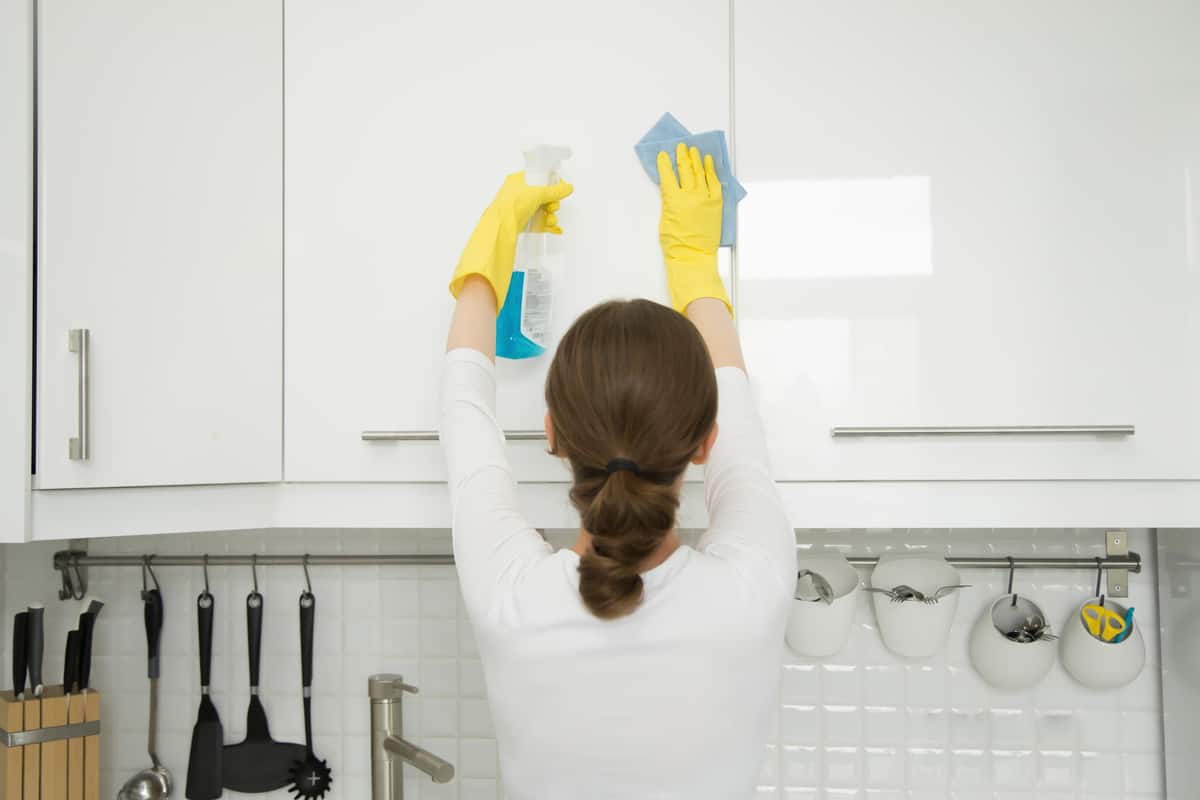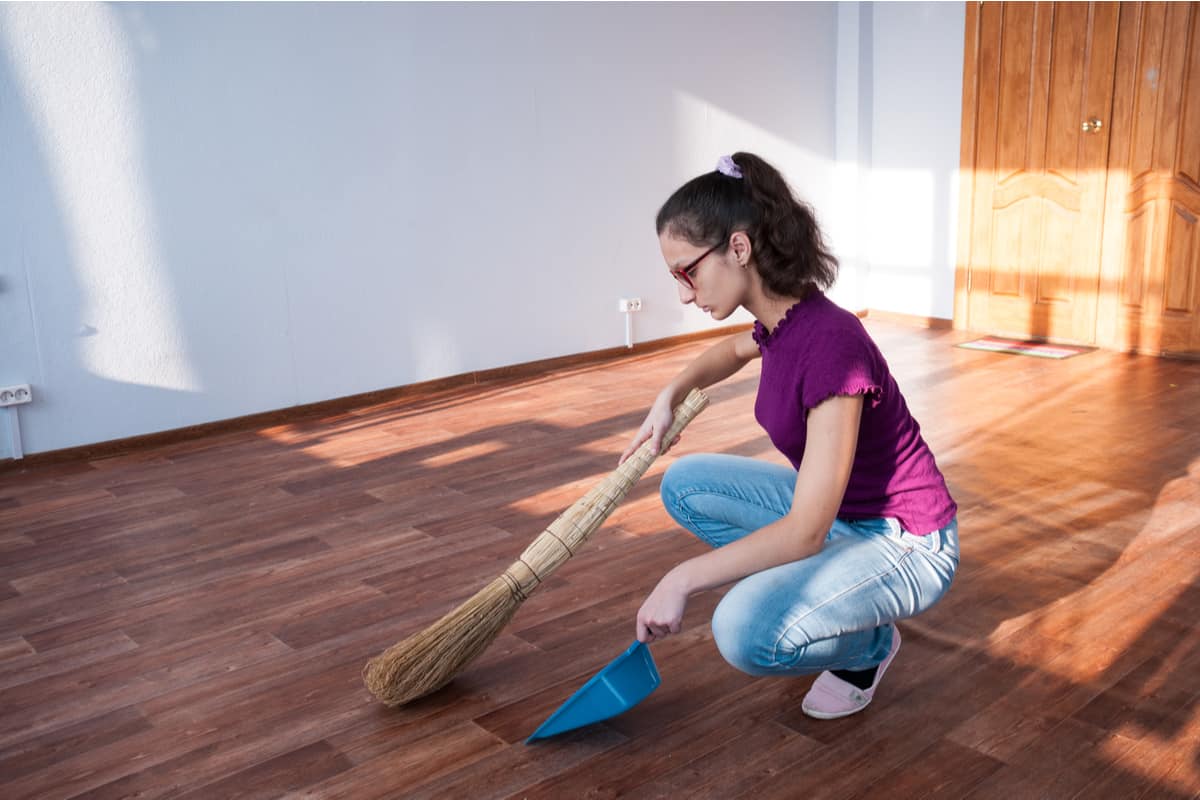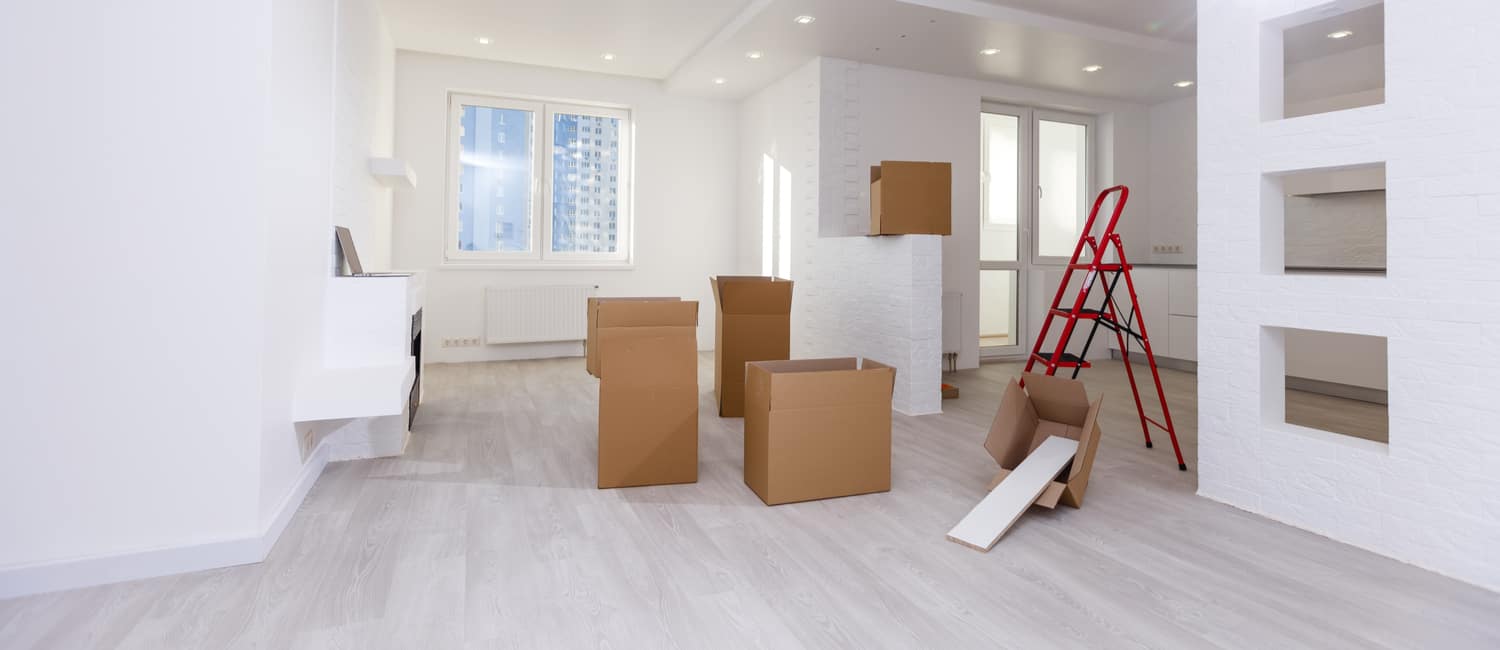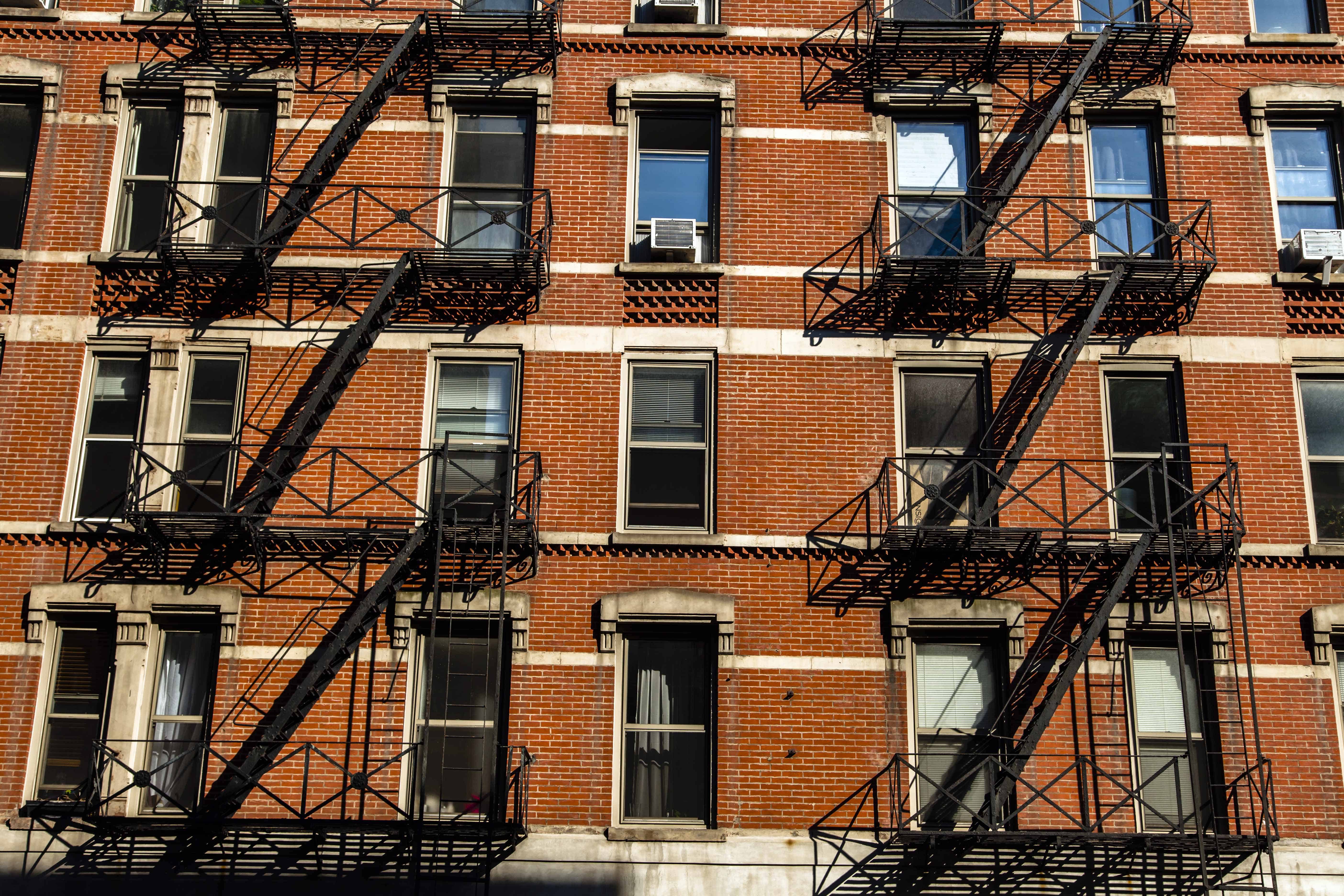It’s impressive to say that 109 million Americans live in rental housing. But this adds up to a lot of security deposits.
Though alternative forms to the traditional security deposit check are gaining in popularity, most people fork over a month or so’s rent for this fee, assuming they’ll get it back in full (some even with interest).
However, there are specific situations where you won’t get your security deposit returned once you move out and move on to a new place. These include leaving without paying all your rent and failing to keep your apartment clean and damage-free.
Often, this money helps you cover the costs of your new home, so don’t risk missing out. Make sure you know how to get your security deposit back and take the proper precautions to protect its return.

How to get your security deposit back in full
If you’re careful, getting your security deposit back should be easy. Skip worrying about the normal wear and tear since that’s not something your security deposit covers. Instead, concentrate on a few bigger issues to figure out how to get your security deposit back.
1. Don’t break your lease
When you sign your lease, it should stipulate in the document what happens to your security deposit if you move out early. Sometimes it’s used to cover a break-lease fee, but things aren’t always settled after you lose your deposit.
Read your lease carefully since you may incur fees to break your lease. Plus, if there are damages — the deposit will need to cover it.
In both cases, your landlord can pursue legal action to get the remainder of the money you owe if you don’t pay it outright.
2. Pay your rent on time
Security deposits are also often withheld to cover unpaid rent if any, once your lease is up. Again, if you owe more than your deposit or there are also damages in need of repair, you could have to pay even more to get things back to zero.
Leaving with a balance at your previous apartment is never a good idea since you’re already paying the expenses of living somewhere new. It’s hard to pay in both places at the same time, so do your best to stay on top of rent.
3. Give back your keys
Apartment keys are still considered the property of the apartment. Failure to give them back means they must get replaced. It also usually means locks have to get changed for safety reasons. Your security deposit will most likely get used to cover both these expenses.

4. Make minor repairs on your own
While general wear-and-tear on your apartment happens and it’s not part of what your security deposit covers, don’t take any chances. Take the time, before you move out, to make minor repairs in your home. The idea is to get it as close to possible to what it looked like when you moved in.
- Fill in small wall holes with caulk, a little sandpaper and some wall paint
- Replace any outlet covers or light switch plates that have cracked
- Fix or replace damaged window screens
You can also let your landlord know about any larger issues that you think fit into the wear-and-tear category but want confirmation on. Things like scuffed walls or baseboards and worn carpet.
Bonus tip: Make sure you take pictures of the state your apartment is in on the day you move in, documenting any existing damage to the unit. Share with your landlord, but keep the photos on file to prevent getting charged for repairs that should have gotten made before you moved in.
5. Clean up after your pet
Having a pet makes it much harder to keep your apartment in good condition. They can’t help the mess they make, but you need to stay on top of it to avoid additional costs when you move out. Make sure you clean up any accidents or pet stains as soon as you find them. You may even want to rent a portable carpet cleaner right before you move out to not only clean but lift that pet smell out of the home.
If you’ve paid an additional pet fee to have your pet, it’s also best to double-check with your landlord that it covers any pet-related fixing-up that takes place once you move out.
Above all else, never sneak in a pet. Not only is it a great way to get evicted, but it almost guarantees you’ll lose your security deposit to repairs and deep cleaning.
6. Keep your apartment clean
Dust, grime and dirt easily build up if left alone too long. Rather than try to clean it all up right before moving out, stay on top of the mess. Then, when it’s time to move, you’ll have less to worry about.
On moving day, make sure you’ve removed all debris, swept out the unit and gone over all surfaces with an all-purpose cleaner. Don’t ignore the inside of cabinets and your baseboards either!
How to get your security deposit back
Once you’ve moved out, it doesn’t hurt to remind your landlord that you expect to get your security deposit back from them. How to get your security back fastest is to ensure it’s top of mind with him or her. Confirm the time frame and method of return as well. If the refund will come in the mail, double-check your landlord has the right forwarding address for you on file.
If your landlord responds immediately with excuses, make it clear you expect it back unless they can show proof of the damage and the cost of the repair. Be kind and let them know you understand that full refunds of security deposits don’t always happen, but that you need to know what the withheld funds are covering.
How long does a landlord have to return a deposit
This is a tricky question because it really varies by state how long you have to wait to get your security deposit back. However, between 30-45 days is the average timeframe. Although, there are quite a few states that work quicker, returning security deposits within 14-21 days.
Some states, like West Virginia, Alabama and Arkansas, take up to 60 days to return the money, while other states, like New York, don’t have a schedule at all. Their policy just requires it happens within a ‘reasonable timeframe.’
There are also a few states where the regulations get particularly tricky. In Illinois, for example, there’s no time limit to return security deposits if a landlord owns a building with four or fewer units. If the building is bigger, security deposits must get returned within 45 days.
Make sure you check on the exact rules for your state before you begin worrying your refund is late.

What to do if your landlord is unresponsive
Landlords must return security deposits or provide documentation that shares what costs it covered in repairs. If you don’t hear anything from your landlord, and the window for its return goes past, there is legal action you can take.
The first step is to send a demand letter. This gives your landlord a chance to follow through on returning the security deposit without having to go to court. Because each state has its own regulations around this process, try to find a sample letter applicable to your location. Send the letter via certified mail, with a return receipt requested, to track its delivery.
If you still hear nothing from your landlord, it’s within your rights to take them to court. A case like this would typically go through Small Claims Court. Even though it may not feel worth it to sue for the small sum of your deposit, some states will let you increase the amount up to three times the value of your security deposit.
You can also sue for the interest your deposit accrued if your landlord had to put the money in an interest-bearing account.
Use your security deposit wisely
Hopefully, everything goes well when you move out of your apartment and you get your security deposit returned in full. And on time.
Once that check is back in your possession, go ahead and celebrate. Treat yourself a little bit, but make sure to spend most of this money wisely. You did just move and most likely have a lot of new expenses to cover.














